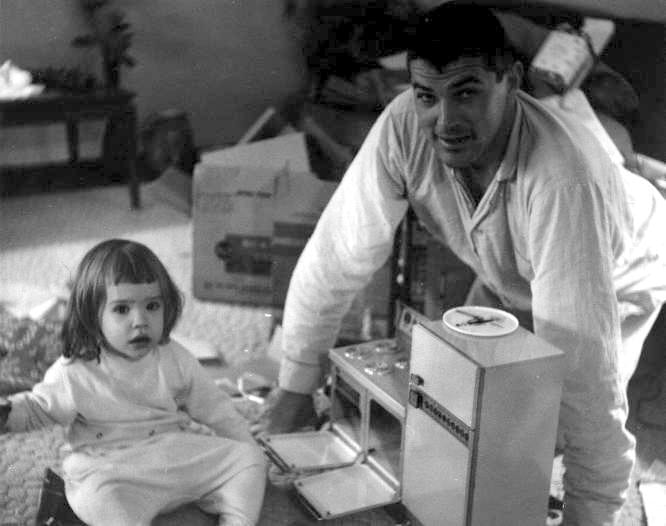 |
| The Earth seen from Apollo 17. Wikimedia Commons |
Tuesday night, I joined a room full of people of all different faiths to talk about how we can help the immigrants in our community – both the ones in the local federal detention center and those in our midst who have been living here and working here for months, years, sometimes decades. It was an amazing gathering with people of all ages and religions and backgrounds, and some of the individuals who have direct experience as immigrants were asked to share their stories.
While this meeting came up as an effort to build a Rapid Response Network to meet the needs of families separated at the border, it was also acknowledged that the immigrants who are living here are not safe from ICE, either. While I knew that, the stories I heard shook me.
One Somalian woman spoke about her experience translating for another Somali woman – a mother of four children who immigrated to this country via Kenya after the death of her husband. She came her with her four kids to try and build a new life for all of them and secure some sort of future in a land not plagued by war or drought. She knew that if she stayed home, she and her children would be in jeopardy. They’ve been here for more than ten years, integrated into the community, part of it. One day, not too long ago, she received a frantic phone call from her teenage son. He had been picked up on the light rail with a group of other teens (also Somalian) and instantly moved to a federal detention center in Tacoma. They were told that they would be sent back to Somalia the next morning on a plane that was already full. ICE had performed a set of raids specifically to round up Somalians in the area and send them back. This young man has been in the US since he was two years old. He doesn’t speak Somalian. He has no recollection of that country. His mother had no time to contact an attorney and no recourse. He was flown back to Somalia where he and the other young people (all unaccompanied minors) were dumped at the international airport in Mogadishu without food or money and left to their own devices. She has not seen him since.
Another man spoke of living in an apartment building with many Latino families. While he is not Latino, he has befriended them and gotten to know their children. It is a tight community of neighbors who all help each other (this man is physically disabled) and look out for each other. His voice broke as he told us of the gatherings they have to socialize where talk eventually turns to plans for what will happen when ICE shows up. Many of the parents have had to teach their children where to hide and how to be silent if a stranger comes to the door when the parents are at work or at the store. Many of them are citizens or are waiting on green cards to complete their legal process, but ICE does not discriminate, and with their unchecked powers, they are able to round up and deport or detain people before a legal defense can be mounted.
I heard a Kenyan man who has been here for much of his adult life speak of the refugee camps in his country and the people who come through them looking for a better life. He explained that even though Kenya is a beautiful, mostly peaceful country, the exchange rate for their currency is 100:1. That means that someone coming to the United States can make 100 times the amount of money here working in the same job as they can if they stay in Kenya. Is it any wonder that people are willing to trek through the unknown to get here?
There were more stories that broke me wide open, and the support and energy in that room was tremendous. It is tempting to succumb to the overwhelm and realize that there is so much happening behind the scenes on a daily basis that we can’t even know about, but then I remember that even one family protected is vital. I will continue to work with these people to demonstrate my American dream – the dream that we all remember we belong to each other in profound ways and we all deserve to live our best lives, regardless of where on this planet we happen to have been born. I hope you’ll find ways to help, too.






